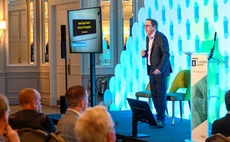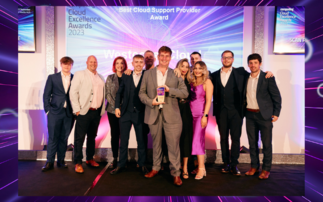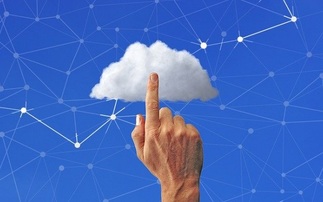Blue Yonder touts power of cloud-based data for improved decision-making
Blue Yonder, the business intelligence cloud computing company, recently revealed that it has partnered with Microsoft Azure as its primary platform. The predictive analytics company, which has ...
To continue reading this article...
Join Computing
- Unlimited access to real-time news, analysis and opinion from the technology industry
- Receive important and breaking news in our daily newsletter
- Be the first to hear about our events and awards programmes
- Join live member only interviews with IT leaders at the ‘IT Lounge’; your chance to ask your burning tech questions and have them answered
- Access to the Computing Delta hub providing market intelligence and research
- Receive our members-only newsletter with exclusive opinion pieces from senior IT Leaders






















